Exploring the wisdom, ethics, and brilliance of Muslim physicians.
History and Great Thinkers offers a captivating journey through the medical and intellectual achievements of Muslim physicians during the Islamic Golden Age. It reveals how these great minds combined deep scientific understanding with spiritual insight, pioneering diagnostic methods and ethical healing practices that continue to inspire modern medicine. The book also sheds light on the relevance of Unani medicine today — a timeless tradition that bridges science, spirituality, and humanity.
Why Read History and Great Thinkers
This book isn’t just about history — it’s a rediscovery of knowledge and ethics that defined Muslim contributions to science. It connects faith, medicine, and intellect to remind readers that healing is both an art and an act of worship.


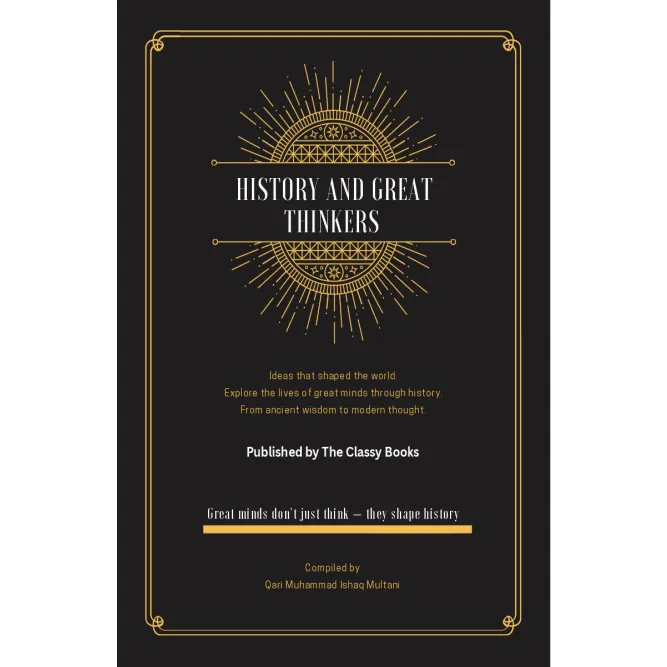
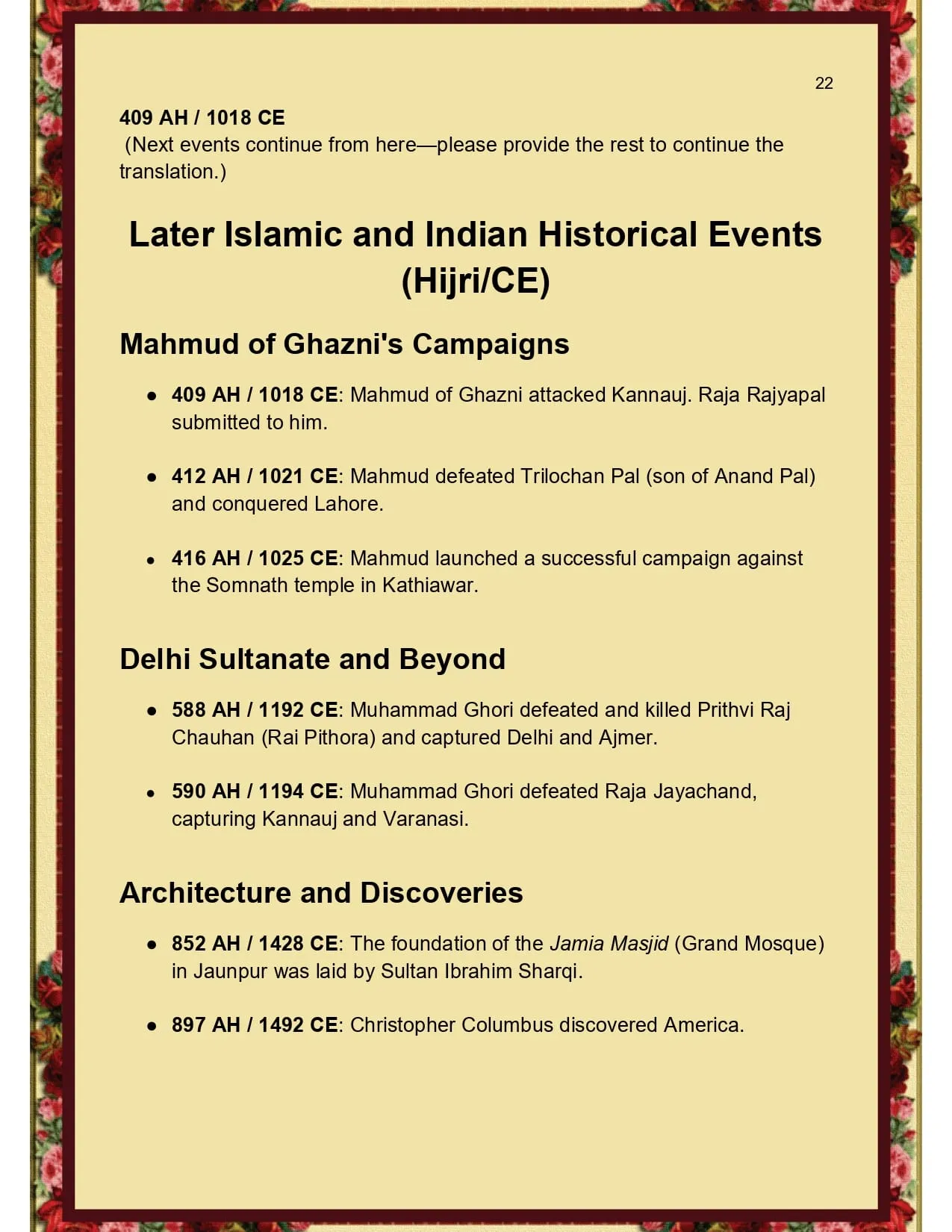
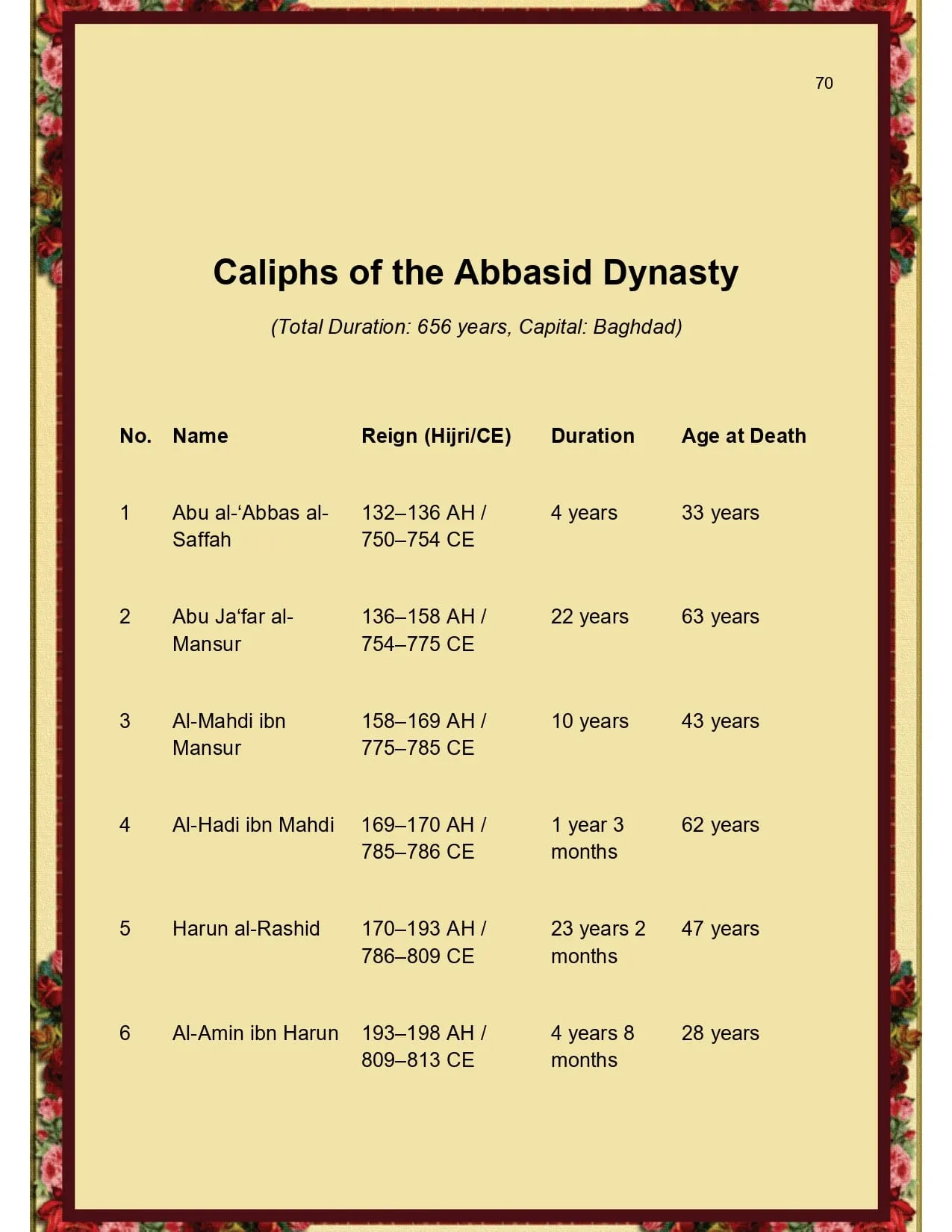
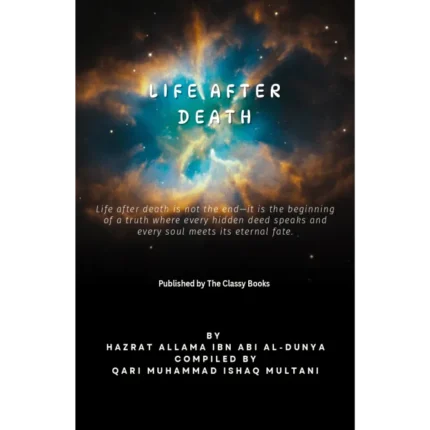
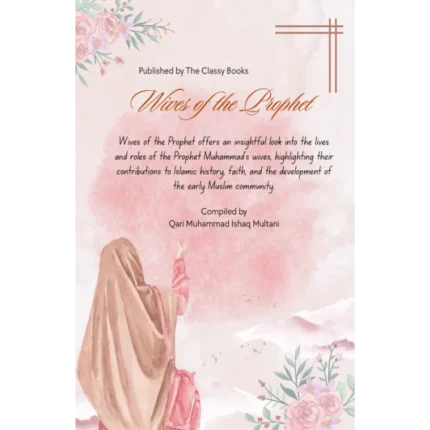
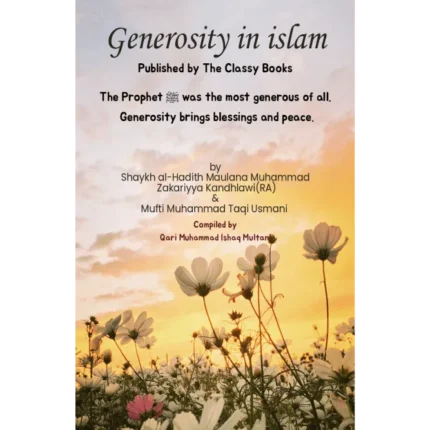
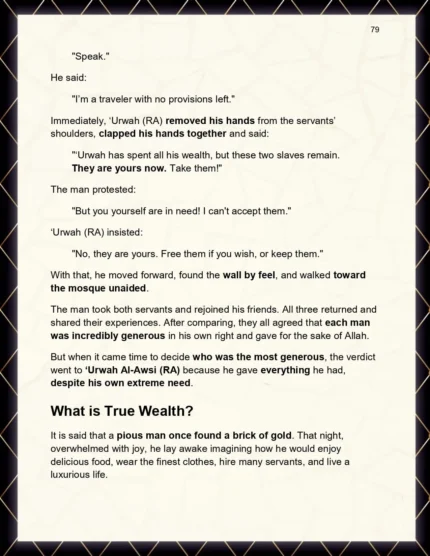
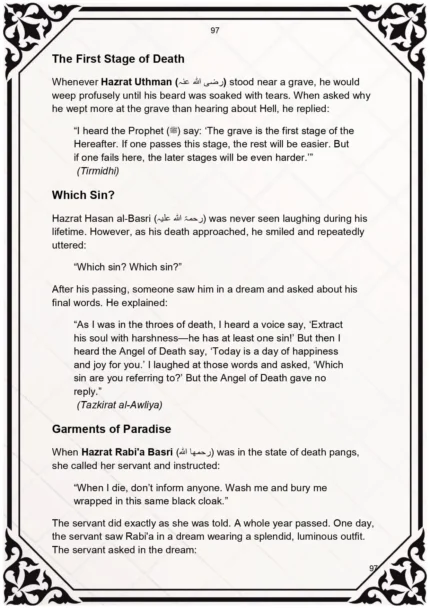
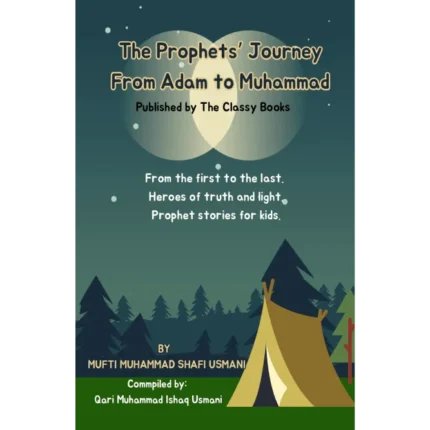

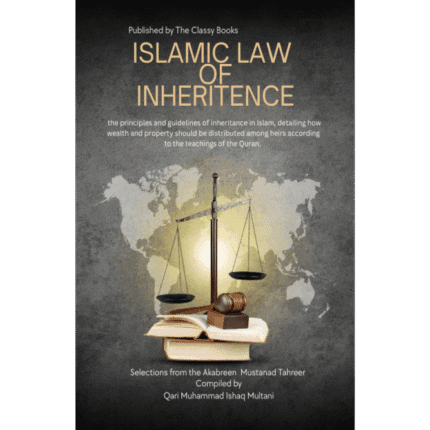
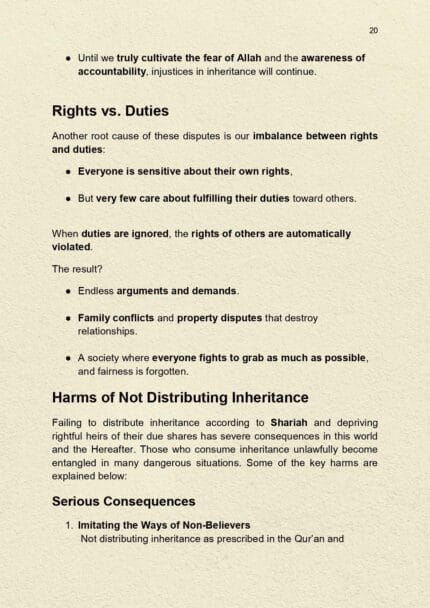
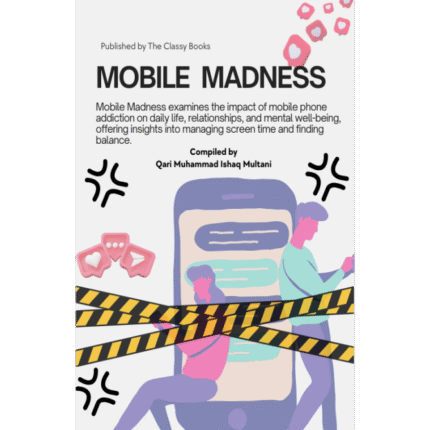
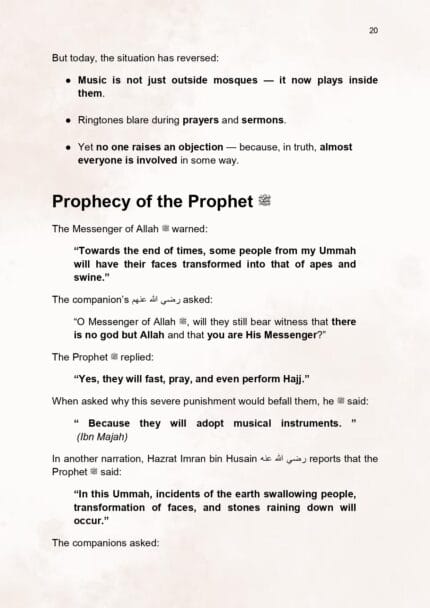
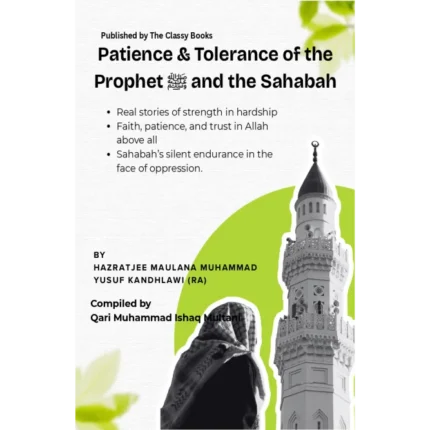
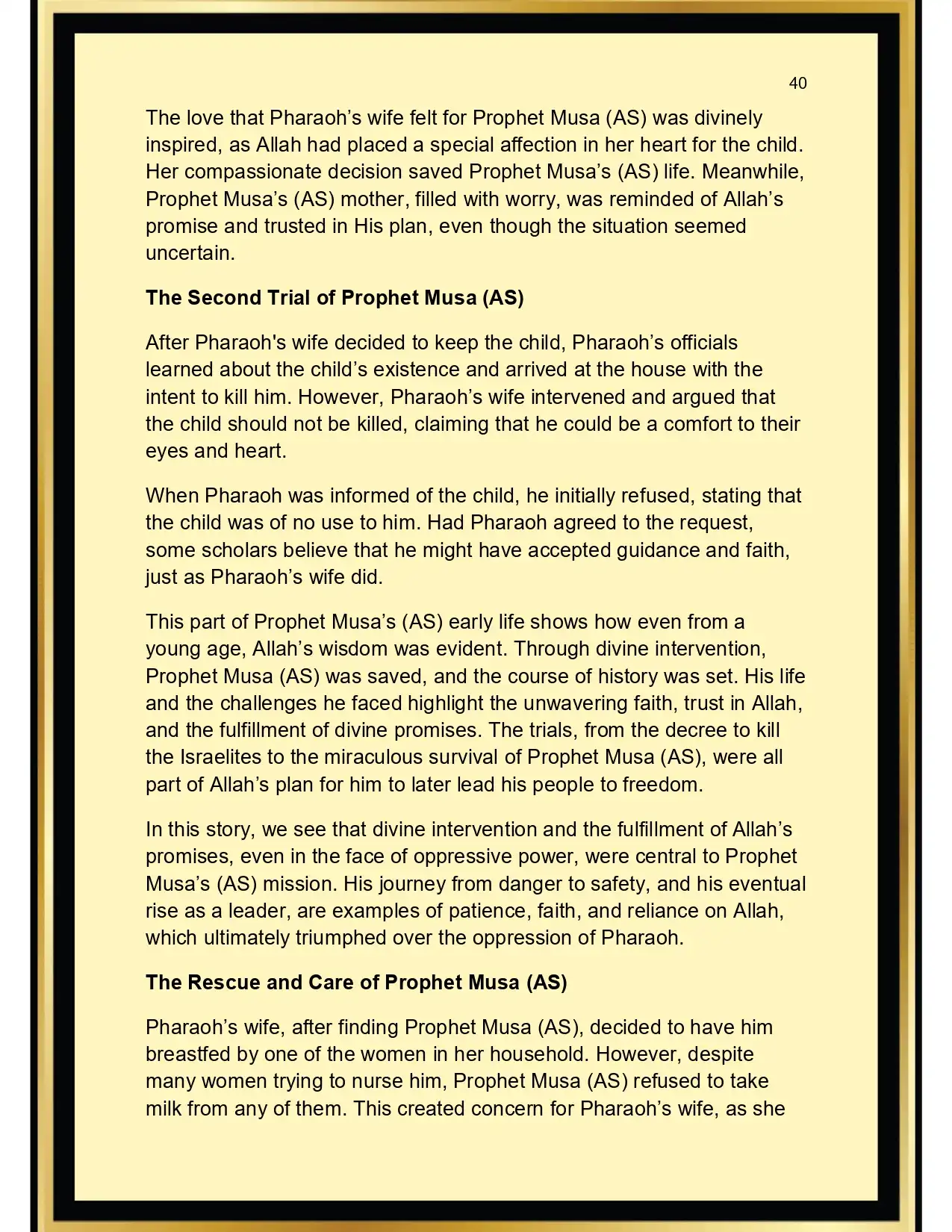
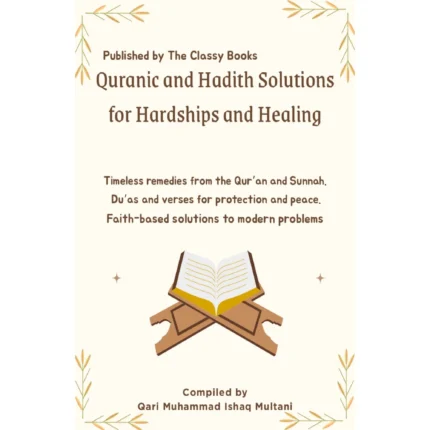
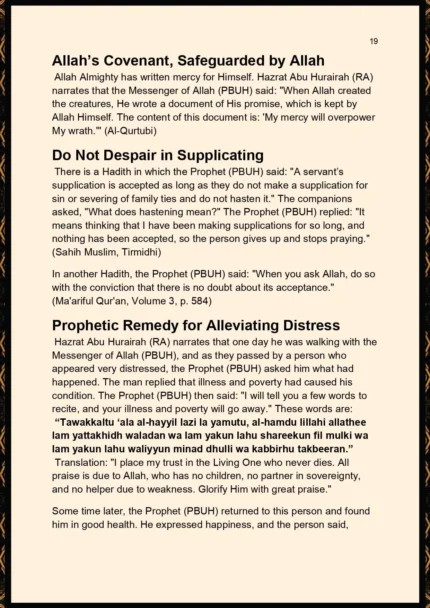
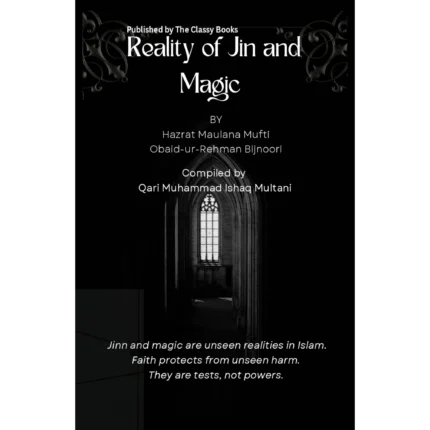
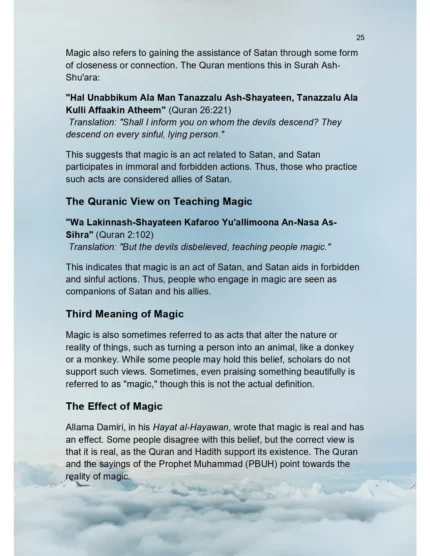
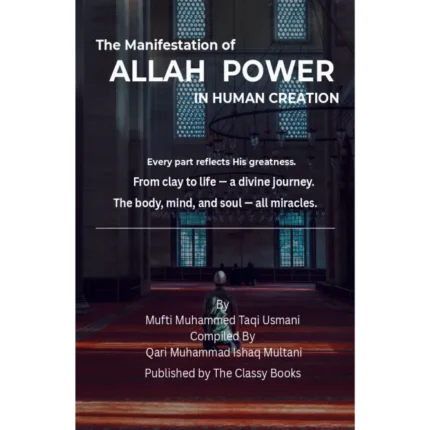
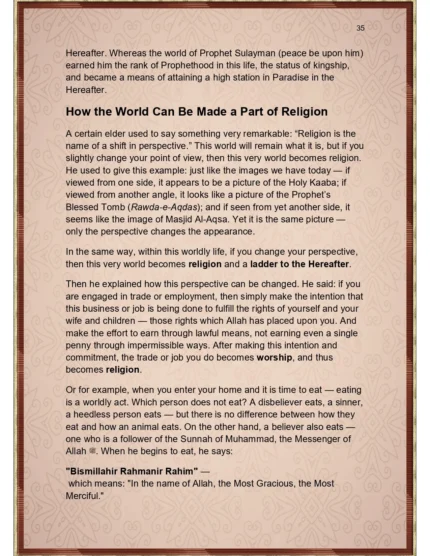
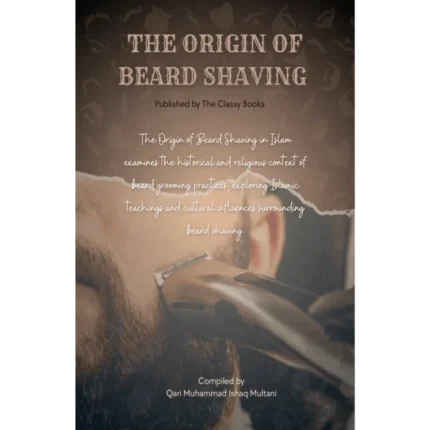
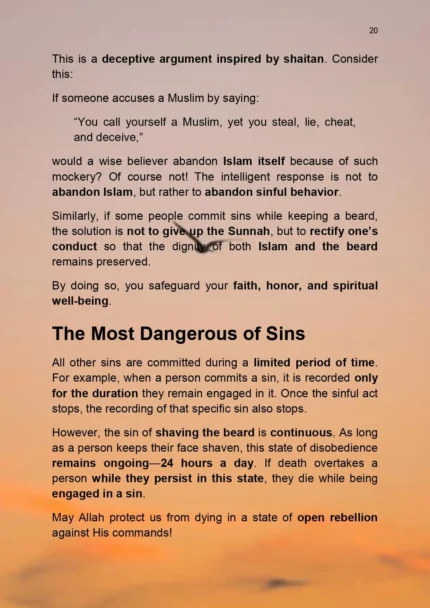
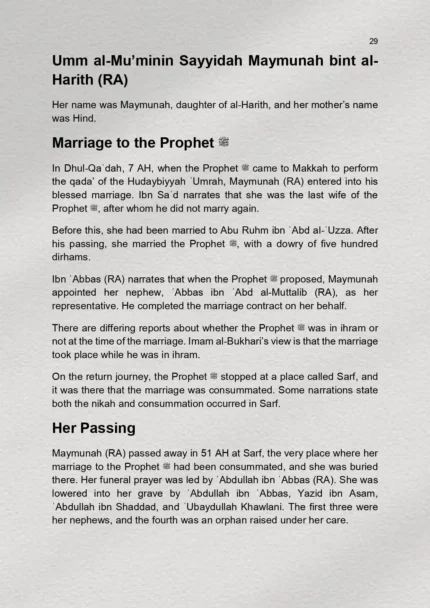
Reviews
There are no reviews yet.